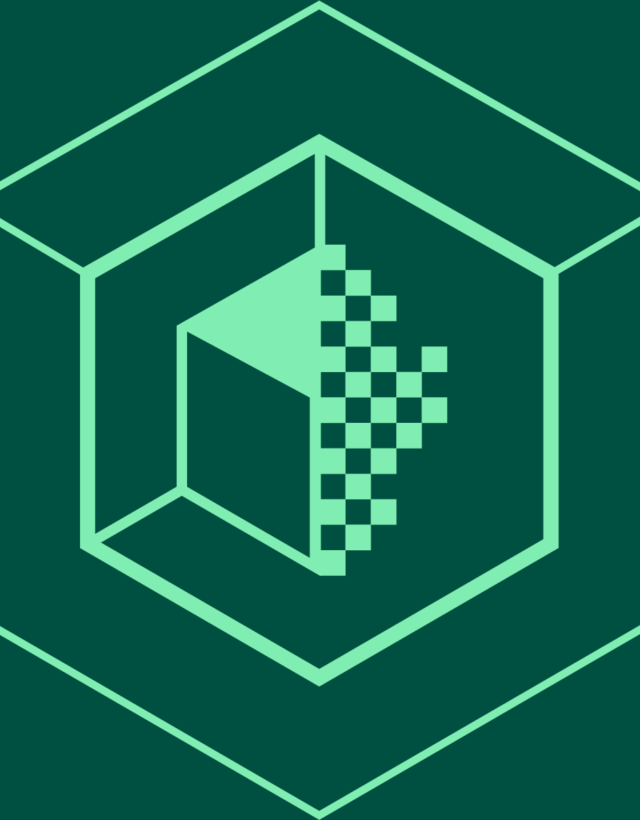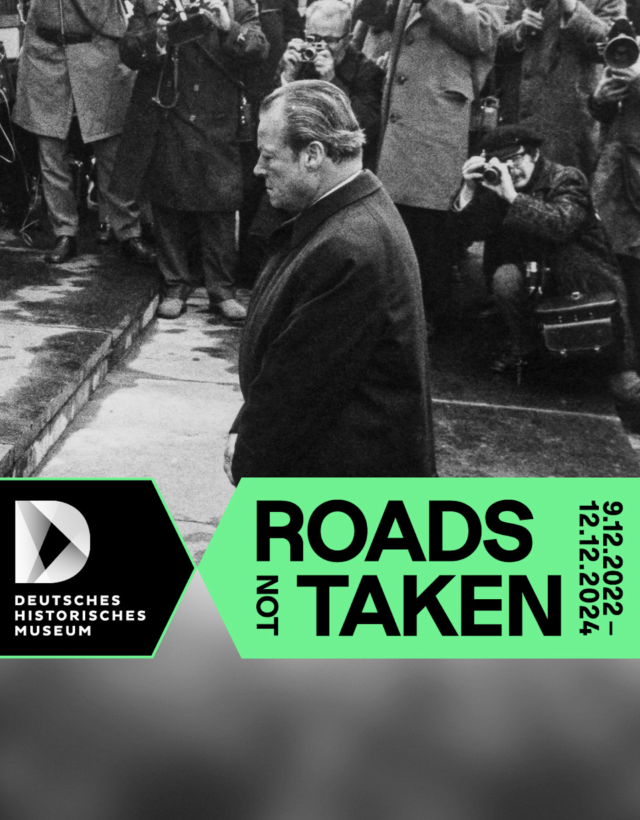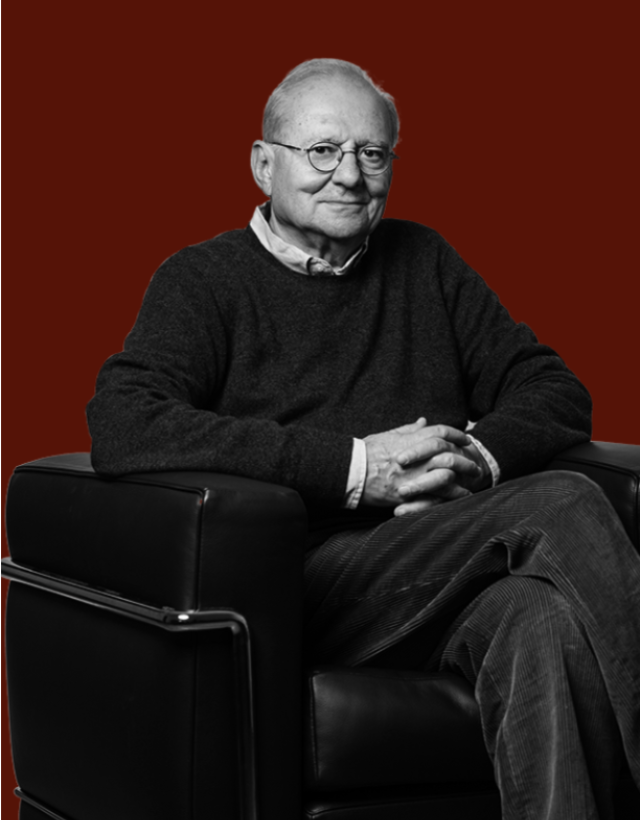
https://freiheitsrechte.org/uploads/publications/Demokratie/gesamt-Studie-Digitaler-Gewaltschutz-2021-Gesellschaft-fuer-Freiheitsrechte-marie-Munk-Demokratie.pdf
https://freiheitsrechte.org/uploads/publications/Demokratie/gesamt-Studie-Digitaler-Gewaltschutz-2021-Gesellschaft-fuer-Freiheitsrechte-marie-Munk-Demokratie.pdf
According to a recent study1, 67 percent of those surveyed had already experienced abuse and hate speech online. Racism, discrimination based on sexual orientation and antisemitism are among the most common attacks.
“If you risk being threatened with death just because you raise your voice, then the prospects for our democracy are very bleak,” says pianist, activist and ambassador of the Marie-Munk-Initiative, Igor Levit.
The situation as it stands is as follows: If those affected by digital violence want to defend themselves against online hatred, they must turn to the platforms and hope that the operators will act on the case. The requests of those affected are often ignored and posts are only occasionally deleted. Anyone who wants to take legal action against the perpetrators is dependent on the platforms' willingness to cooperate with the investigating authorities and to share information about the identity of the perpetrators. Even if the investigative authorities and platforms manage to determine the account owners, it is easy for the perpetrators to deny that they are responsible for the criminal content. As a consequence, this means that those affected often have no way of defending themselves effectively against digital violence. The spread of criminally relevant content and digital violence is not being effectively combated.
This is an intolerable state of affairs, as it means that more and more moderate voices are withdrawing from public discourse and the digital field is left to the loudest and most extreme voices. This has fatal consequences for our democracy because our system is designed to hold controversial debates on societal issues and ultimately reach compromises that are legitimate for the public. But when the majority is digitally silenced, societal issues are negotiated by a noisy minority – and so public debate shifts towards the political fringes.
“Our democracy urgently needs a digital update,” says Dr. Andreas Eberhardt, CEO of the Alfred Landecker Foundation, “We have to strengthen public debate and ensure that as many different voices as possible have access to the discussion and political decision-making processes."
The planned Digital Violence Protection Act of the GFF is intended to serve as a blueprint for the federal government and shift responsibility away from social platforms and more towards the courts. The aim is to provide a legal basis that guarantees more security for those affected online – without any obligation for a real name or extended data storage becoming necessary. In the future, those accounts found to be spreading hatred will be able to be banned from platforms much more easily.
“So far, we have focused on punishment – but far too often it is simply not possible to prove concrete crimes committed by specific people. Therefore, we should now also start with the accounts in order to finally take effective yet constitutionally clean action against hatred on the internet,” says Dr. Ulf Buermeyer, Chairman and Legal Director of the Society for Civil Rights.
The namesake of the initiative is Marie Munk. She was one of the first judges in Germany to actively advocate the creation of women's rights in the Weimar Republic. As a Jewish woman, she was initially banned from working by the National Socialists before ultimately being expelled from Germany.
For us as the Alfred Landecker Foundation, the memory of the past bears a responsibility for the present.


